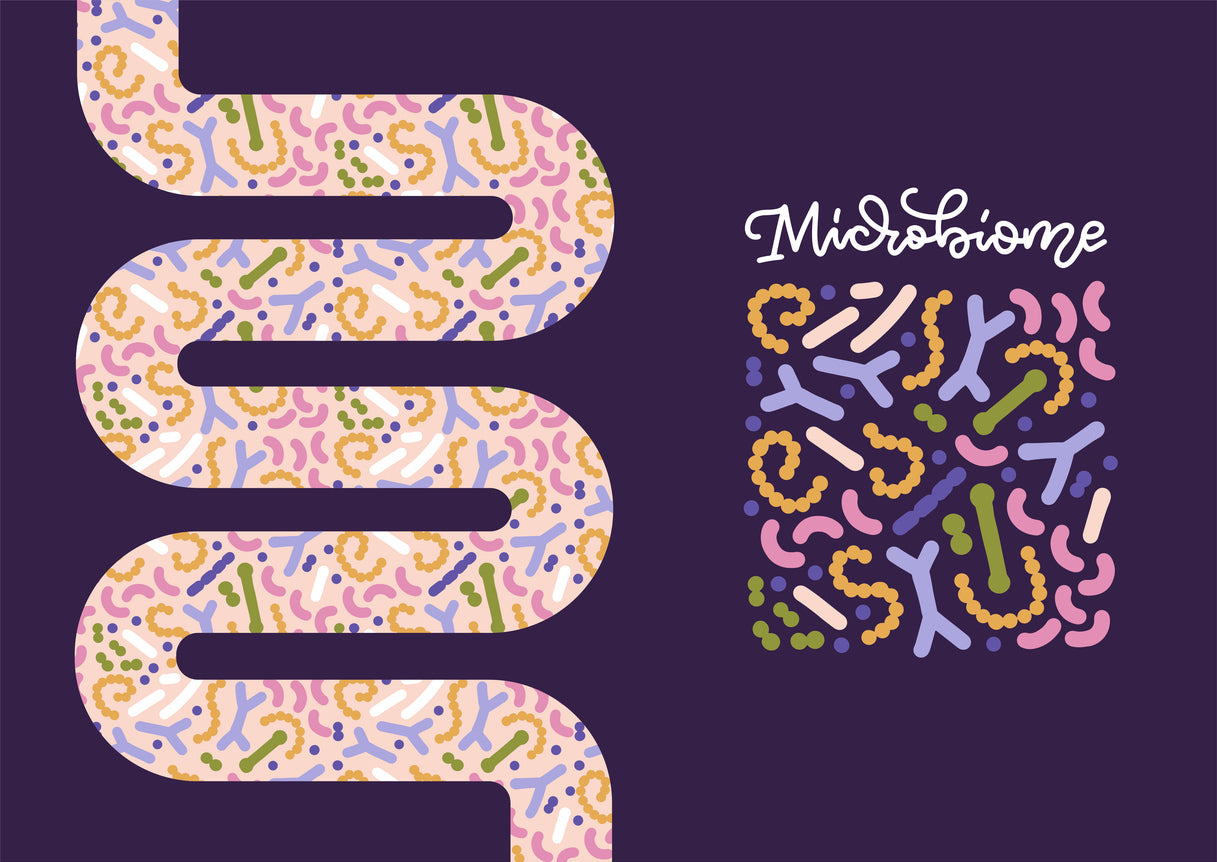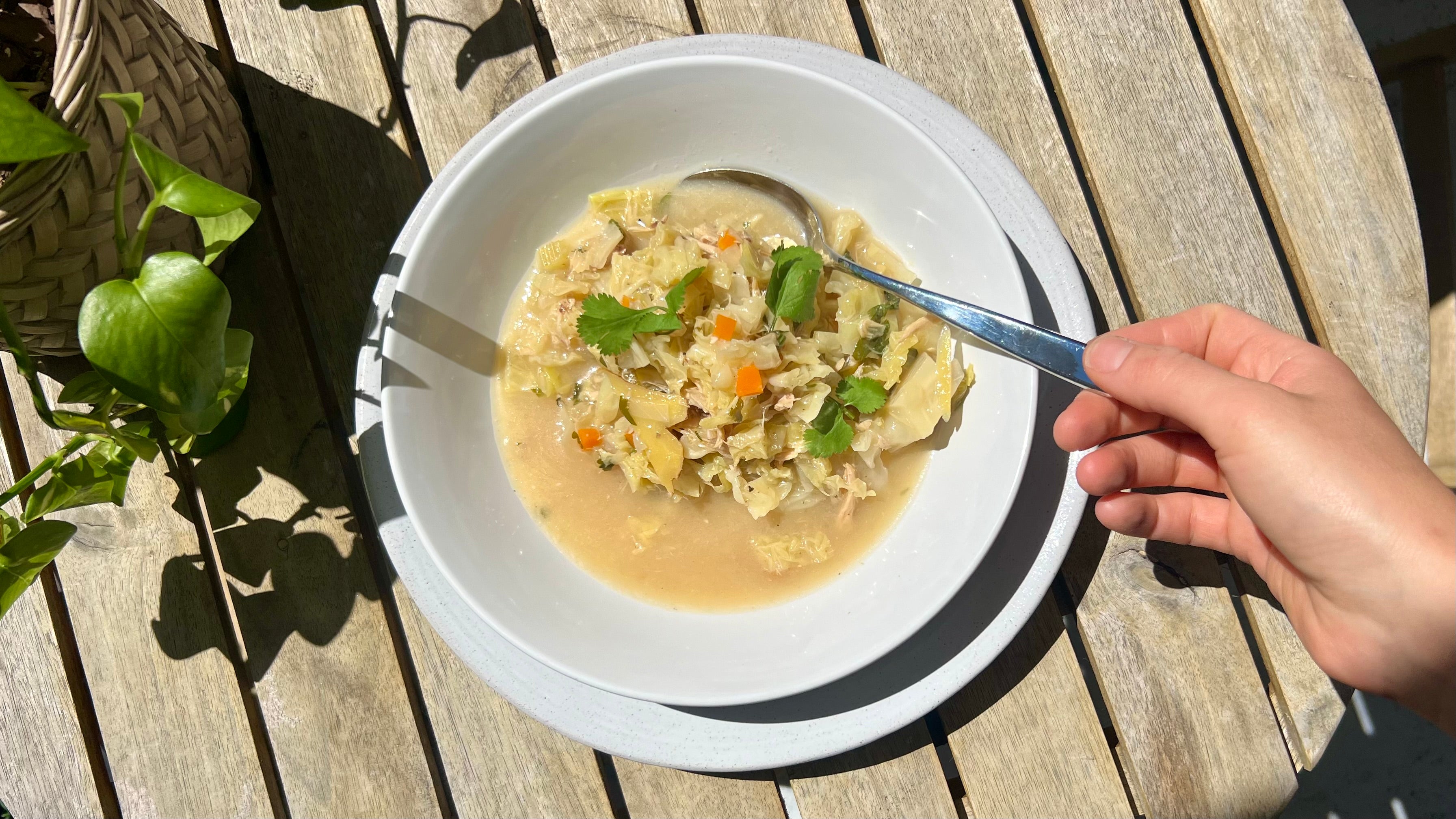When Henri Nestlé came out with his original baby formula recipe in 1867, it was full of nutrients and provided a reasonable alternative to breast milk. But infant formula usage really increased significantly after World War II, with popular thinking that it was more civilized and modern. At the same time, there was a rise in the belief that bottle feeding with infant formula was best because it was backed by science.
Things took a significant shift in the 1970s with the introduction of the Women, Infant, and Child (WIC) federally subsidized food program. Here, infant formula companies all bid on the contract for the WIC program, with the least expensive bid winning. This drove manufacturers to compose formula recipes based on the cheapest ingredients versus nutritional quality.
The 1970s Nestlé Boycott
The 1970s also saw the largest, most successful boycott ever – and it was pre-internet! In my public health program at Johns Hopkins, we learned about how Nestlé, in a desire to expand to new markets to increase profit, introduced baby formula into countries in Africa.
They used local medical personnel to market their formula by giving them free formula to distribute to mothers and incentivizing them with free air conditioners for their clinics.
The issue was that when mothers tried out the formula, their milk production dried up and most could not afford to buy more. Mothers were watering down formula to make it “stretch” so that amounts that were meant to last three days were lasting two weeks.
UNICEF estimated that 1.5 million babies died per year from malnutrition brought on by a lack of protein consumption due to this formula stretching from mothers who were convinced not to breastfeed. And Nestlé, despite being aware of this kept aggressively marketing the formula to African countries to increase their profits.
2022 Formula Shortage
Fast forward to the news lately where there is an infant formula shortage due to the FDA recalling Abbott Labs infant formula in February 2022 after Salmonella and Cronobacter were found in formula and caused sicknesses in at least three babies.
The issue with conventional infant formula is that it’s cheap. The companies that make infant formula take out the fat from the milk (perhaps the most important part of the milk) in order to save to put into things like ice cream, which have a higher profit margin. They use skim milk instead and replace the animal fat with vegetable oil like GMO corn, soy, and canola.
Natural mother’s milk is known to have over 100 different fats in it. Infant formula has almost double the amount of protein that breast milk does, which promotes insulin resistance and obesity.
And the small percentage of babies who do not do well on dairy are given soy-based infant formula, which causes many significant health issues.
Natural, Nutritional Alternatives
So, commercial infant formula is not something a health-conscious mother should give to her baby. I say in the title, that this current shortage is good, because it is bringing awareness to the underbelly of infant formula as a cheap product made by companies that are incentivized to do what it takes to make a profit for their shareholders.
So, what does one do? It’s well established now across medicine that breastfeeding is best. But the mother’s diet often dictates the quality of her breast milk.
So, if you’re looking for a natural, nutritional alternative for breast milk, the authors that wrote Nourishing Traditions have a tried-and-true raw milk-based formula recipe which you can see being made here that has been given to over 10,000 babies. You can source all the ingredients you add to the raw milk through Radiant Life. If you don’t know where to buy raw milk, go to realmilk.com and type in your city. I recommend 100% grass-fed Jersey cows that produce A2 milk.
Update: 5/19/22
For those who have infants allergic to dairy, Nourishing Traditions has a broth and liver-based formula with a similar nutritional profile as mother's milk which can be found here.
Update: 5/20/22
I've had comments on the unapproachable nature of the Nourishing Traditions formula recipe. Given this and the present emergency, I'm including a Homemade Emergency Baby Formula recipe using evaporated milk, which can be purchased through WIC as a short-term, stop-gap option if no formula can be sourced. This recipe lacks key nutrients like iron that the infants need, so should not be used for long periods.
Goat's milk can also be purchased from WIC in some states. Cow's milk, which is pasteurized, homogenized, has the fats removed and is often spray-dried in huge silos like in this video.
Goat's milk is only pasteurized and homogenized, so its fats and proteins aren't adulterated by extraction or drying. Its nutritional profile is low in carbohydrates, so, some sugar needs to be added.









8 Comment
I completely understand Barbara’s empathic response here. That said, John’s point is not heartless at all. It’s a catalyst to a much needed change. A change that would be nutritionally beneficial to all babies whose mama’s cannot be the source of food needed for thriving.
I ask Barbara to rethink her criticism. There is room here for both new perspective and the old practice of speaking truth more lovingly.
Barbara, thank you for your reply. Two thoughts about your comment. First, I suppose I did not make my point clearly enough. I do not believe that infants on bad formula are getting their basic needs met. There are many lacking ingredients in conventional baby formula. Second, I do not think people going hungry because of lack of food is a good thing. However, I’ve traveled extensively internationally. Americans, including American infants, have every opportunity to be fed, whether through the government, private nonprofits, or religious institutions — even with an formula shortage.
My point was that infant formula companies are criminal and scandelous. There are many, many ways to feed an infant that don’t involve putting toxic materials that are being couched as something good for an infant. The companies that are doing this are the heartless ones. Wouldn’t you agree?
I was able to breastfeed my 3 children for two years each and I understand the value of breastfeeding. However to imagine that this shortage is a good thing is heartless when infants may not get their basic needs met.